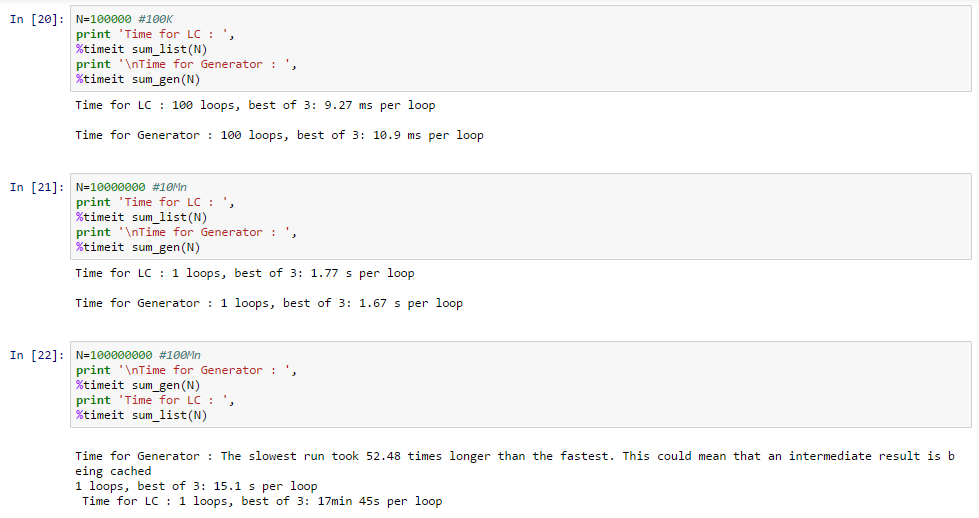Generate Modified Alphabet Key Python
- Apr 12, 2015 Generating Alphabet A to Z with ASCII Code in Python using For Loop ASCII CHARACTER: - UPPERCASE ALPHABET ASCII CHARACTER: - LOWERCASE ALPHABET Skip navigation Sign in.
- Python Code Snippets offers this really useful snippet for generating random strings as a password generator that can easily be used in any of your projects that run on Python. In the snippet, the password generator creates a random string with a min of 8 characters and a max of 12, that will include letters, numbers, and punctuation.
- Creating dict where keys are alphabet letters and values are 1-26 using dict comprehension. I need to create an ordered dict, where the keys are all the letters in the alphabet and the values are from 1 - 26.
- For example, if I wanted to press the windows key, I would look at that page for the key. 'cmd' has the description 'A generic command button. On PC platforms, this corresponds to the Super key or Windows key, and on Mac it corresponds to the Command key' which is what I am looking for. Now for the code.
| defencrypt(plaintext, key): |
| key_length=len(key) |
| key_as_int= [ord(i) foriinkey] |
| plaintext_int= [ord(i) foriinplaintext] |
| ciphertext=' |
| foriinrange(len(plaintext_int)): |
| value= (plaintext_int[i] +key_as_int[i%key_length]) %26 |
| ciphertext+=chr(value+65) |
| returnciphertext |
| defdecrypt(ciphertext, key): |
| key_length=len(key) |
| key_as_int= [ord(i) foriinkey] |
| ciphertext_int= [ord(i) foriinciphertext] |
| plaintext=' |
| foriinrange(len(ciphertext_int)): |
| value= (ciphertext_int[i] -key_as_int[i%key_length]) %26 |
| plaintext+=chr(value+65) |
| returnplaintext |
Python dictionary method keys returns a list of all the available keys in the dictionary. Following is the syntax for keys method −. Dict.keys Parameters. Return Value. This method returns a list of all the available keys in the dictionary. If the provided value is a mutable object (whose value can be modified) like list, dictionary, etc., when the mutable object is modified, each element of the sequence also gets updated. This is because, each element is assigned a reference to the same object (points to the same object in the memory). To avoid this issue, we use dictionary comprehension.
commented Jan 3, 2018
I think there are limitations here with lower case and capital letters. You'd need to check for I wrote one that handles all default ASCII characters (95): For example: |
commented Jan 3, 2018 • edited
edited
commented Mar 6, 2018
@flipperbw , |

commented May 1, 2018
I implemented this some years ago, along with a tabula recta generator so you can do it by hand (for fun!) |
commented Jan 10, 2020
Hello! |
Python Random Alphabet
commented Jan 10, 2020
Python Generate Random
/delphi-2015-r3-license-key-generator.html. It's just the return text, that one by one figures out the proper character to return given the key. It's been a while since I wrote this snippet but if it can find a match of an ascii character, itll convert that, else it will leave it alone. |